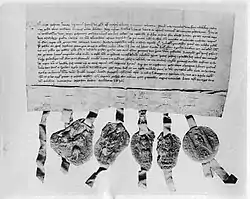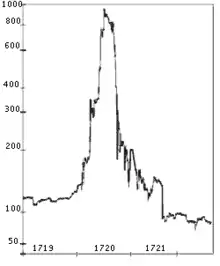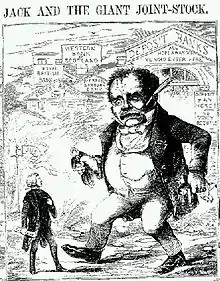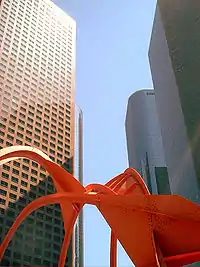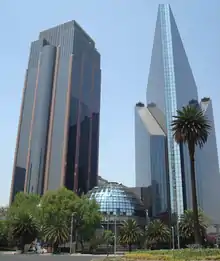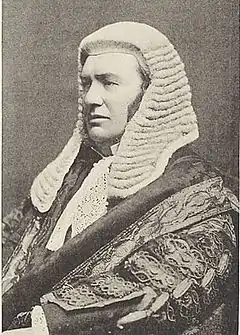The Business and Economics Portal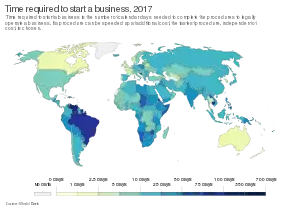 The time required to start a business is the number of calendar days needed to complete the procedures to legally operate a business. This chart is from 2017 statistics. Business is the practice of making one's living or making money by producing or buying and selling products (such as goods and services). It is also "any activity or enterprise entered into for profit." Having a business name does not separate the business entity from the owner, which means that the owner of the business is responsible and liable for debts incurred by the business. If the business acquires debts, the creditors can go after the owner's personal possessions. The taxation system for businesses is different from that of the corporates. A business structure does not allow for corporate tax rates. The proprietor is personally taxed on all income from the business. The term is also often used colloquially (but not by lawyers or public officials) to refer to a company, such as a corporation or cooperative. (Full article...) Economics (/ˌɛkəˈnɒmɪks, ˌiːkə-/) is a social science that studies the production, distribution, and consumption of goods and services. Economics focuses on the behaviour and interactions of economic agents and how economies work. Microeconomics analyzes what's viewed as basic elements in the economy, including individual agents and markets, their interactions, and the outcomes of interactions. Individual agents may include, for example, households, firms, buyers, and sellers. Macroeconomics analyzes the economy as a system where production, consumption, saving, and investment interact, and factors affecting it: employment of the resources of labour, capital, and land, currency inflation, economic growth, and public policies that have impact on these elements. (Full article...) Selected articleThe FairTax is a proposal to reform the federal tax code of the United States. It would replace all federal income taxes (including the alternative minimum tax, corporate income taxes, and capital gains taxes), payroll taxes (including Social Security and Medicare taxes), gift taxes, and estate taxes with a single broad national consumption tax on retail sales. The Fair Tax Act would apply a tax, once, at the point of purchase on all new goods and services for personal consumption. The proposal also calls for a monthly payment to all family households of lawful U.S. residents as an advance rebate, or "prebate", of tax on purchases up to the poverty level. Selected image
Selected economyThe economy of Kazakhstan is the largest in Central Asia in both absolute and per capita terms. In 2021, Kazakhstan attracted more than US$370 billion of foreign investments since becoming an independent republic after the collapse of the former Soviet Union. It possesses oil reserves as well as minerals and metals. It also has considerable agricultural potential, with its vast steppe lands accommodating both livestock and grain production. The mountains in the south are important for apples and walnuts; both species grow wild there. Kazakhstan's industrial sector rests on the extraction and processing of these natural resources. (Full article...) Selected quote"What is prudence in the conduct of every private family can scarce be folly in that of a great kingdom. If a foreign country can supply us with a commodity cheaper than we ourselves can make it, better buy it of them with some part of the produce of our own industry employed in a way in which we have some advantage. The general industry of the country, being always in proportion to the capital which employs it, will not thereby be diminished, no more than that of the above-mentioned artificers; but only left to find out the way in which it can be employed with the greatest advantage. It is certainly not employed to the greatest advantage when it is thus directed towards an object which it can buy cheaper than it can make. The value of its annual produce is certainly more or less diminished when it is thus turned away from producing commodities evidently of more value than the commodity which it is directed to produce. According to the supposition, that commodity could be purchased from foreign countries cheaper than it can be made at home. It could, therefore, have been purchased with a part only of the commodities, or, what is the same thing, with a part only of the price of the commodities, which the industry employed by an equal capital would have produced at home, had it been left to follow its natural course. The industry of the country, therefore, is thus turned away from a more to a less advantageous employment, and the exchangeable value of its annual produce, instead of being increased, according to the intention of the lawgiver, must necessarily be diminished by every such regulation."
TopicsRelated WikiProjectsWikiProjects
Did you know (auto-generated) -
On this day in business history
General imagesThe following are images from various business-related articles on Wikipedia.
More did you know
Business newsWikinews Economy and business portal
|
|
Category puzzle Select [►] to view subcategories
Business Types of business entity Business by continent Business by country Companies Employment Management Works about business Business-related lists People involved in business Business architecture Business and industry awards Business conferences Business culture Business districts Business documents Business economics Business education Business ethics Business groups History of business Business indices International business Business journalism Business laptops Business law Business management Nicknames in business Business occupations Business organizations Business ownership Business process Business software Sports business Business terms Business travel Business of visual arts Workplace Business stubs
|
Related portals
Things you can do
Wikimedia
The following Wikimedia Foundation sister projects provide more on this subject:
-
 Commons
Commons
Free media repository -
 Wikibooks
Wikibooks
Free textbooks and manuals -
 Wikidata
Wikidata
Free knowledge base -
 Wikinews
Wikinews
Free-content news -
 Wikiquote
Wikiquote
Collection of quotations -
 Wikisource
Wikisource
Free-content library -
 Wikiversity
Wikiversity
Free learning tools -
 Wiktionary
Wiktionary
Dictionary and thesaurus
Sources
-
 List of all portalsList of all portals
List of all portalsList of all portals -
 The arts portal
The arts portal -
 Biography portal
Biography portal -
 Current events portal
Current events portal -
 Geography portal
Geography portal -
 History portal
History portal -
 Mathematics portal
Mathematics portal -
 Science portal
Science portal -
 Society portal
Society portal -
 Technology portal
Technology portal -
 Random portalRandom portal
Random portalRandom portal -
 WikiProject PortalsWikiProject Portals
WikiProject PortalsWikiProject Portals

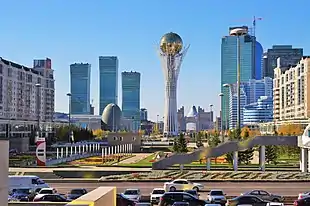
.jpg.webp)
